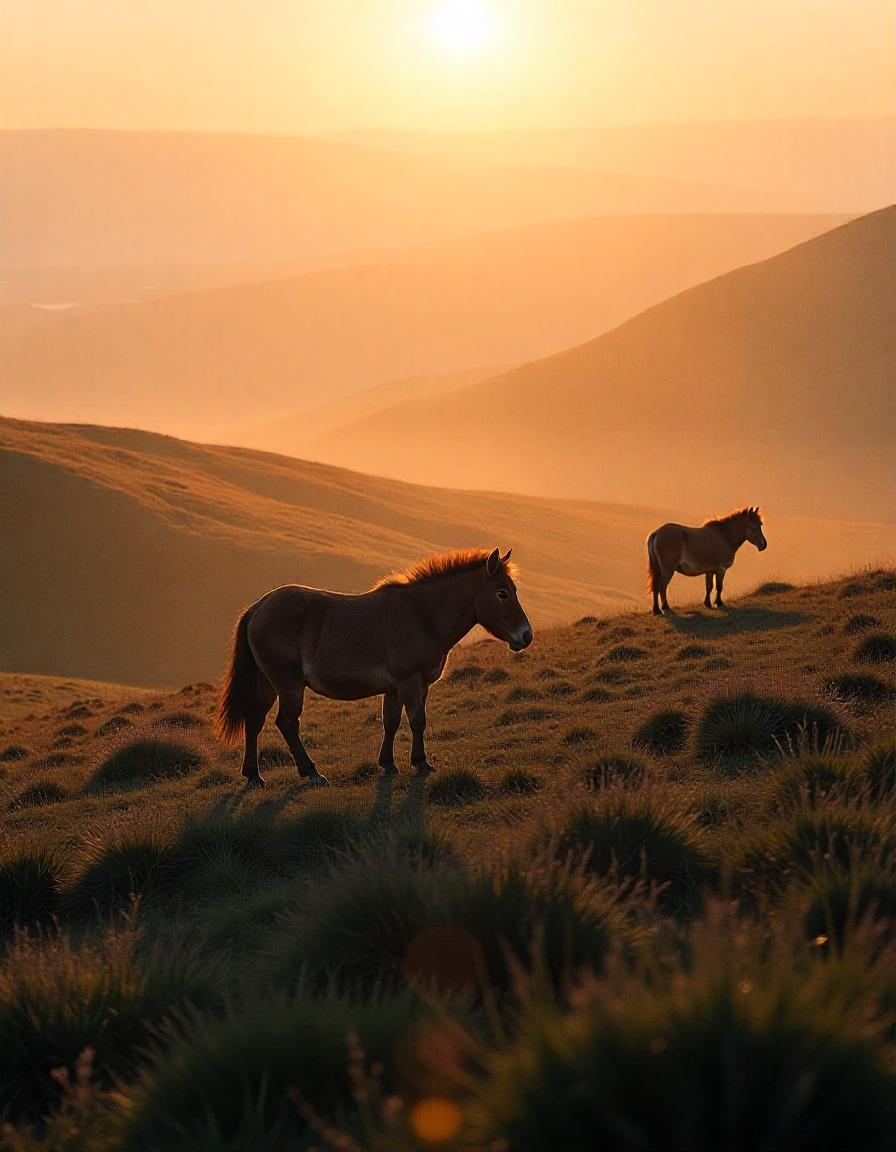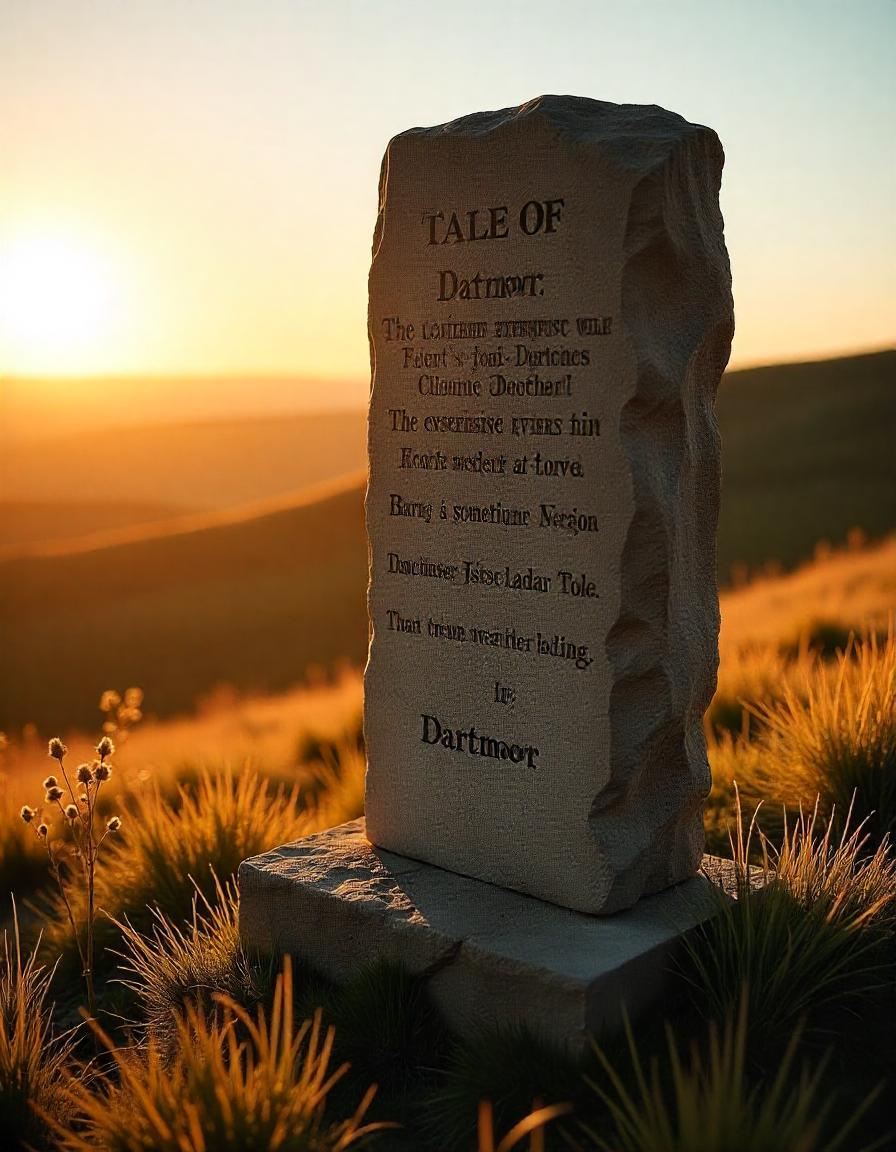Dartmoor’s vast moorland, ancient woodlands, and striking granite tors offer endless exploration opportunities. To make the most of your trip, follow these practical tips for a seamless adventure in Devon’s wild heartland.
Best Time to Visit Dartmoor
- Spring (March–May): Wildflowers bloom, and newborn ponies roam the moors.
- Summer (June–August): Long daylight hours ideal for hiking and wild swimming.
- Autumn (September–November): Golden foliage and crisp air perfect for photography.
- Winter (December–February): Misty landscapes create dramatic scenery (check for icy roads).
Getting to Dartmoor
- By Car: Most convenient, with major routes from Exeter (A38) and Plymouth (A386).
- Public Transport: Regular trains to Newton Abbot or Exeter, then local buses to park entrances.
- Parking: Main visitor centers (e.g., Haytor, Princetown) have pay-and-display lots.
Must-Pack Essentials
- Sturdy footwear (waterproof recommended)
- Weather-resistant clothing (Dartmoor’s climate changes rapidly)
- Ordnance Survey Explorer OL28 map (mobile signals are unreliable)
- Reusable water bottle and snacks
Navigating the Park
- Walking Trails: Well-marked paths, but always carry a map—open moorland can disorient.
- Cycling Routes: Granite Way and Drake’s Trail offer traffic-free options.
- Driving: Narrow lanes require caution; livestock often roams freely.
Top Visitor Centers
- High Moorland Visitor Centre (Princetown): Park information, exhibits, and café.
- Haytor Visitor Centre: Walking route suggestions and local history displays.
- Postbridge: Small hub with parking and access to the East Dart River.
Staying Safe on the Moors
- Inform someone of your route and expected return time.
- Avoid military firing ranges (check dates at Dartmoor Firing Notice).
- Heed warning signs near bogs and fast-flowing rivers.
Where to Stay
- Hotels & Inns: The Two Bridges Hotel (luxury) or The Warren House Inn (historic).
- Camping: Designated sites at Bellever or wild camping (permitted with strict guidelines).
- Self-Catering: Cozy cottages in villages like Widecombe-in-the-Moor.
Dining Options
- Traditional Pubs: The Rugglestone Inn (Widecombe) for hearty meals.
- Cafés: Becky Falls Café or Princetown’s Fox Tor Café.
- Picnics: Stock up in Tavistock or Ashburton before heading into the park.
Unique Experiences
- Guided Walks: Ranger-led tours uncover Dartmoor’s ecology and history.
- Stargazing: Minimal light pollution offers clear Milky Way views.
- Geocaching: Family-friendly treasure hunts across the park.
Leave No Trace
- Respect wildlife—keep dogs leashed near livestock.
- Take all litter home.
- Avoid disturbing archaeological sites.
Final Tips
- Download offline maps (Google Maps or OS Maps).
- Check weather forecasts at the Met Office before heading out.
- Start hikes early to avoid afternoon mists.
Dartmoor rewards those who come prepared. Whether you’re chasing waterfalls, summiting tors, or simply soaking in the tranquility, this guide ensures a smooth and memorable visit.



